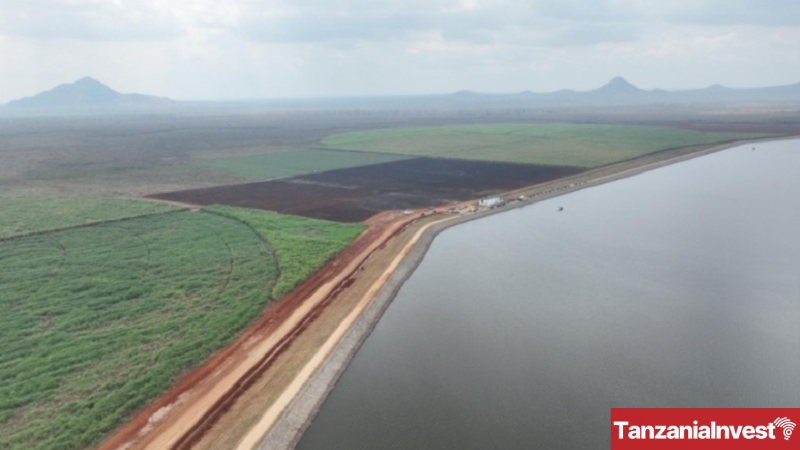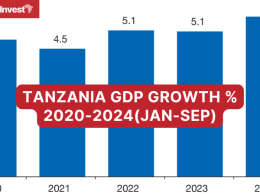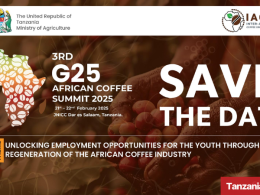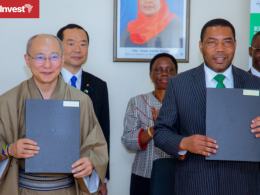On August 3, 2024, President Samia Suluhu Hassan inaugurated a new irrigation dam at the Mtibwa Sugar Factory in Morogoro, which is expected to enhance the factory’s ability to produce sugar by ensuring a reliable water supply for sugarcane cultivation.
During the inauguration, President Samia emphasized the government’s commitment to protecting the interests of all societal groups and ensuring that citizens have access to affordable sugar.
“It is the government’s responsibility to protect and defend the interests of all groups in society, and we will continue to oversee the interests of citizens who need reliable sugar at affordable prices,” she stated.
The new facility at Mtibwa is expected to significantly enhance the factory’s production capacity. This aligns with the government’s strategy to become self-sufficient in sugar production by 2025.
Currently, Tanzania’s annual demand for sugar is estimated at about 710,000 tonnes, while local production stands at approximately 470,000 tonnes, highlighting a substantial supply gap that the new investments aim to fill.
The administration has pledged to support the sugar industry through various initiatives, including improving the business environment and providing incentives for investors.
For his part, the Minister of Investment, Industry, and Trade, Dr. Ashatu Kijaji, has called on investors to capitalize on the numerous opportunities within the sugar sector.
The government has set aside multiple areas for industrial sugar production, aiming to reduce dependence on imports and stimulate local economic growth.
Opportunities for Investors
The sugar industry in Tanzania presents several opportunities for investors:
- Production Expansion: With the government’s focus on increasing production, there’s room for investment in new sugar factories or expansion of existing ones.
- Diversification: Sugar factories are planning to diversify into products such as bioethanol, particle boards, and pulp.
- Energy Production: Sugar factories are generating electricity, with the potential to sell surplus to the national grid.










